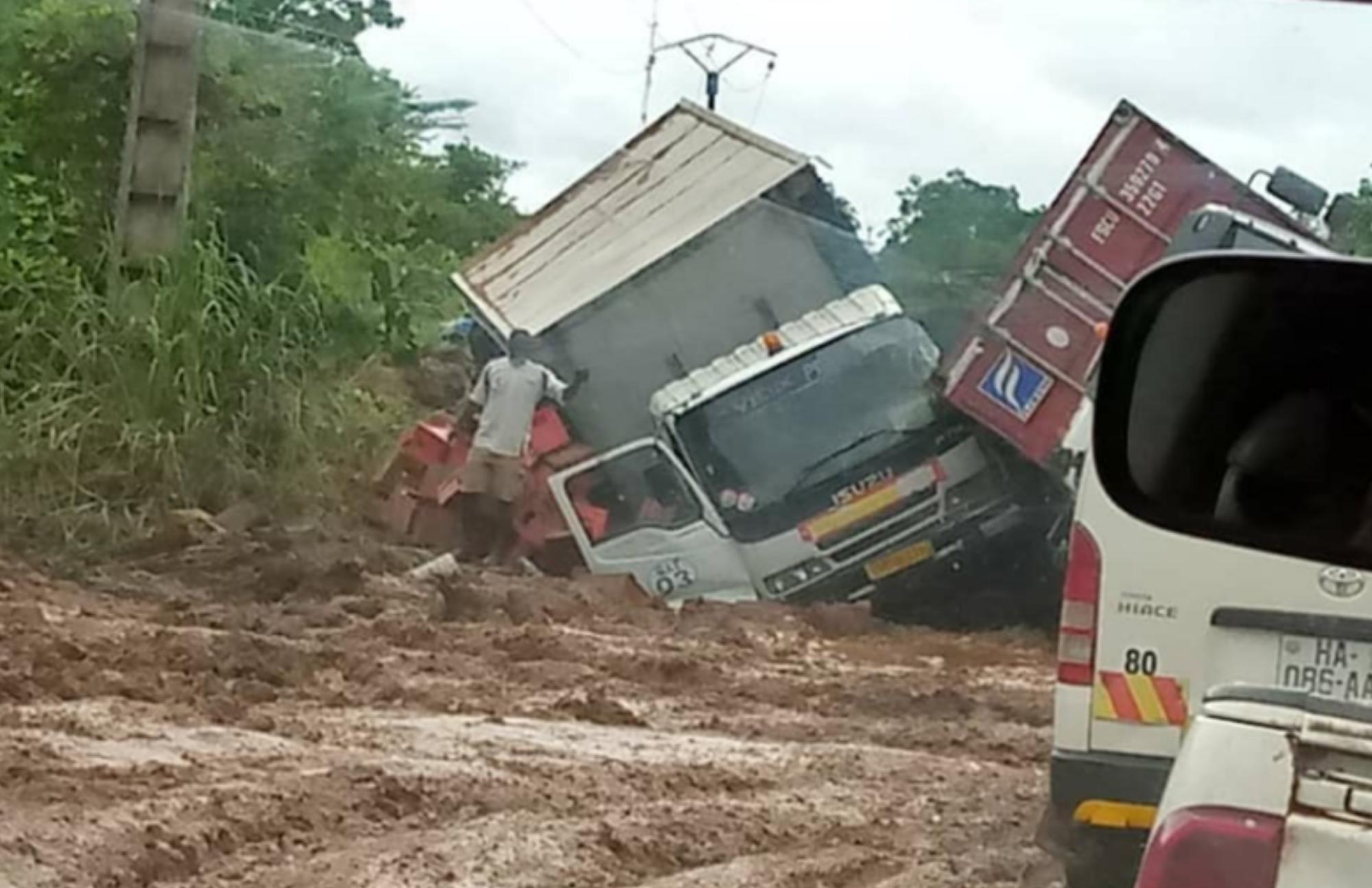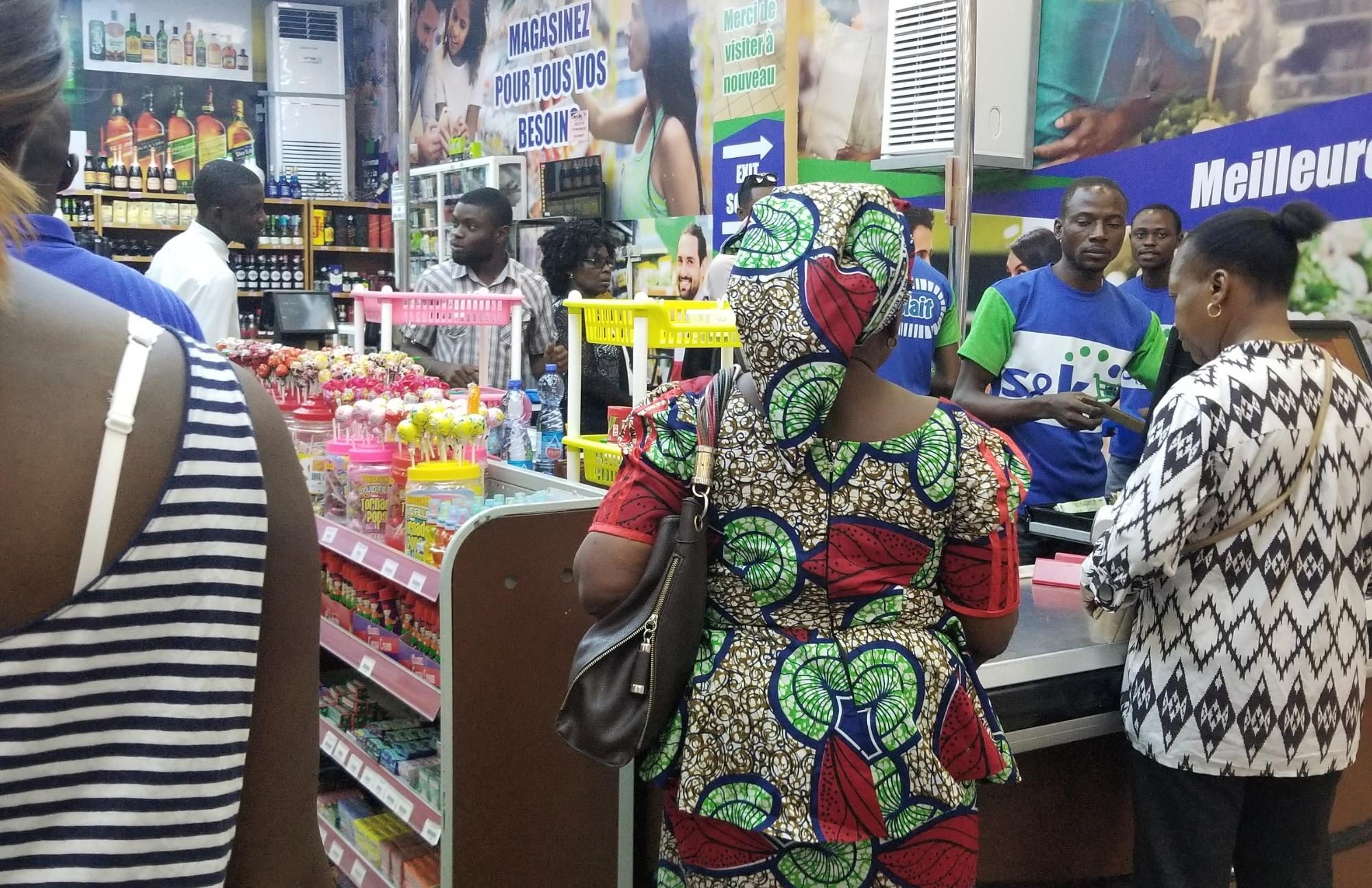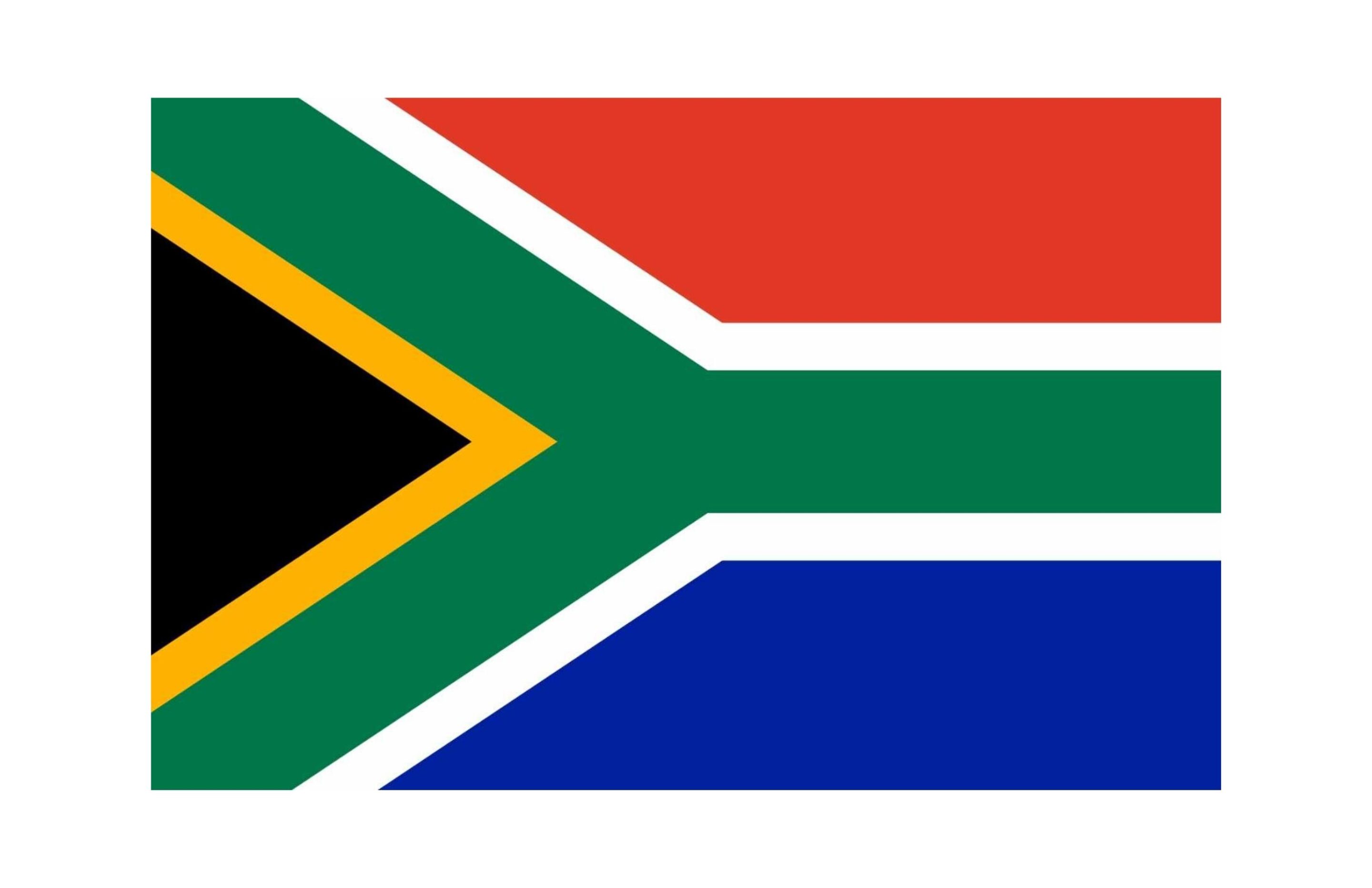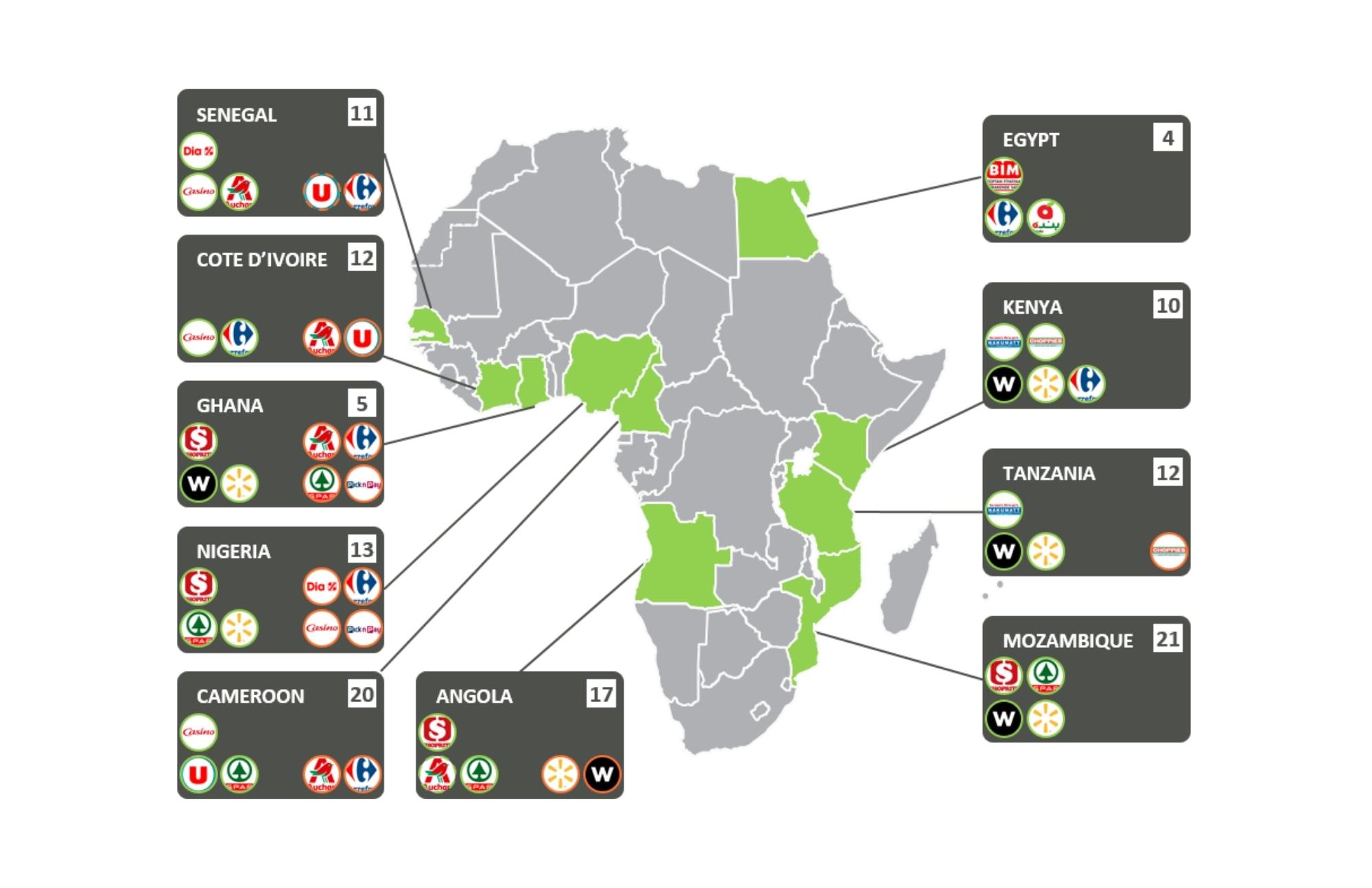Niger, Mali and Burkina Faso have all announced their immediate withdrawal from the 15 member regional bloc Economic Community of West African States (ECOWAS). The three countries, all of which are military-led following recent coups, have accused ECOWAS of failing to support their security needs and of imposing illegal sanctions.
Military-led coups took place in Mali in 2020 and 2021, in Burkina Faso in 2022 and in Niger in 2023. As a result, ECOWAS, which was formed in 1975, suspended all three countries. It also imposed heavy sanctions on Niger and Mali. Those sanctions have hit Niger especially hard by cutting it off from its two major trade routes for imports via Benin and Nigeria.
Pivot towards Russia
Niger, Mali and Burkina Faso have all cut military ties with France, which provided support against the growing threat of Islamist insurgents in the Sahel region. As a result, all French military personnel have been withdrawn from the three countries.
As part of deepening ties between one another, Niger, Mali and Burkina Faso have also formed the Alliance of Sahel States, a move designed to provide protection for one another from internal groups as well as ECOWAS’s threat of military action against Niger.
All three countries have pivoted towards Russia and its mercenary group Wagner as a replacement military security force. Last week, Burkina Faso announced it had received 25,000 tonnes of free wheat from Russia. Russia reopened its embassy in Ouagadougou December 2023. Nigeria has accused Russia of using the crisis to weaken the influence of Europe and the US in the Sahel. For their part, Niger, Mali and Burkina Faso have alleged that France has been plotting against their new military governments.
What happens next
The withdrawal announcement was unilateral. ECOWAS announced that it had not been notified of the countries’ decision to leave the bloc. Normally the withdrawal process should take a year to complete.
Within the countries, the security situation is unlikely to improve. It also means that the return to democracy becomes less, not more likely – a key point ECOWAS was pushing on. A key concern is that in the absence of French troops, armed groups could move towards Benin, Cote d’Ivoire Ghana and Togo, potentially threatening their stability and security.
Exiting ECOWAS will push up prices in all three countries, which are landlocked. The sanctions have already pushed up food prices in Niger and Mali dramatically. Burkina Faso has not been hit by sanctions but economic isolation likely means prices will rise. Trade agreements between the EU and ECOWAS and other support may no longer apply unless renewed.
Within ECOWAS, prices for some products may also rise. Niger, Burkina Faso and Mali were key cattle exporters and Niger also exported vegetables. Unless those sources are replaced like for like, consumers may suffer. This will be much more acute in border regions, where cross-border trading has been common.
Niger, Mali and Burkina Faso all use the West Africa CFA Franc, whose stability is provided by a common reserve system guaranteed by the French Central Bank. The West African CFA Franc (and its counterpart the Central African CFA franc) has provided a bulwark against even higher inflation by preventing the devaluation of currency in member states. Some nationalists in francophone states were already pushing to exit the CFA currency (which requires member states to deposit half their foreign exchange reserves with the French treasury) and it seems more likely than not that the military governments of Niger, Mali and Burkina Faso won’t continue to use the West African CFA Franc if relations with France have deteriorated this far.
The future of ECOWAS
Clearly, the deterioration of relations with France and the exit of these three countries is a destabilising factor for ECOWAS, both politically and economically.
France has maintained relations with Gabon and Guinea, both of which have also undergone coups. Although not in ECOWAS, Chad (which also has had a coup since 2020) remains a strong ally for France in the Sahel. The exit of Niger, Mali and Burkina Faso comes amid a period where French influence has been waning in West Africa and President Macron is growing tired of the political optics that his Africa strategy is failing. Things are changing. China, Turkey, Russia as well as Morocco are all looking to exert more influence in francophone West Africa.
As a bloc, ECOWAS has been fairly unified, albeit with some dissent on military action against Niger. But states are under different levels of pressure. At the end of December 2023 Benin lifted its suspension of imported goods transiting to Niger through the port of Cotonou after five months of sanctions. The formal exit of Niger, Mali and Burkina Faso will challenge the unity of ECOWAS because of the disruption and pressures it brings.
The loss of three member states sets back the project of regional integration and its promise of frictionless trading and free movement of goods and people. It threatens the broader concept of ECOWAS, headed by Nigeria, as a source of stability for West African states. However, much like the British have experienced post-Brexit, the isolation of Niger, Mali and Burkina Faso may also act as a cautionary tale.










